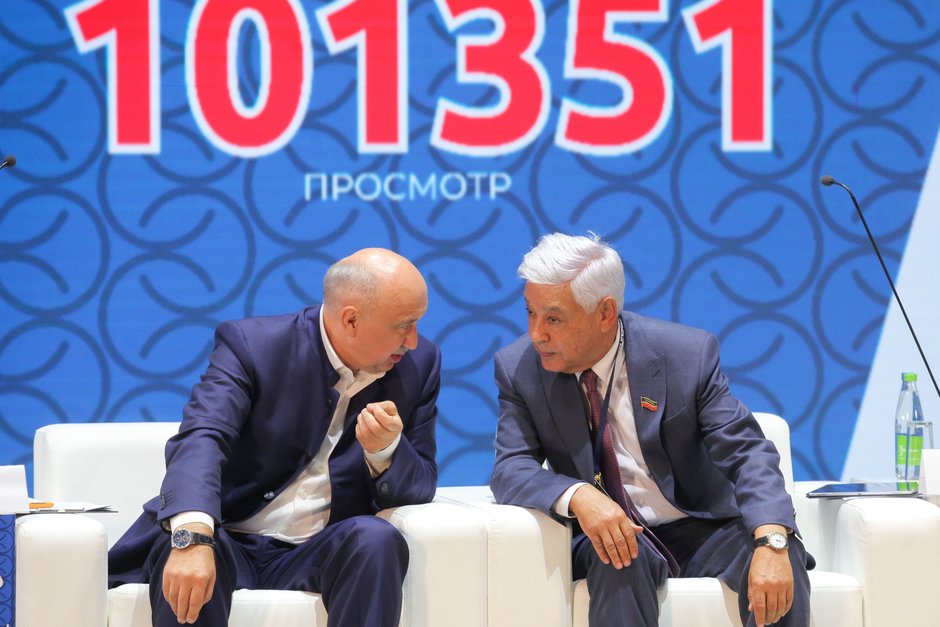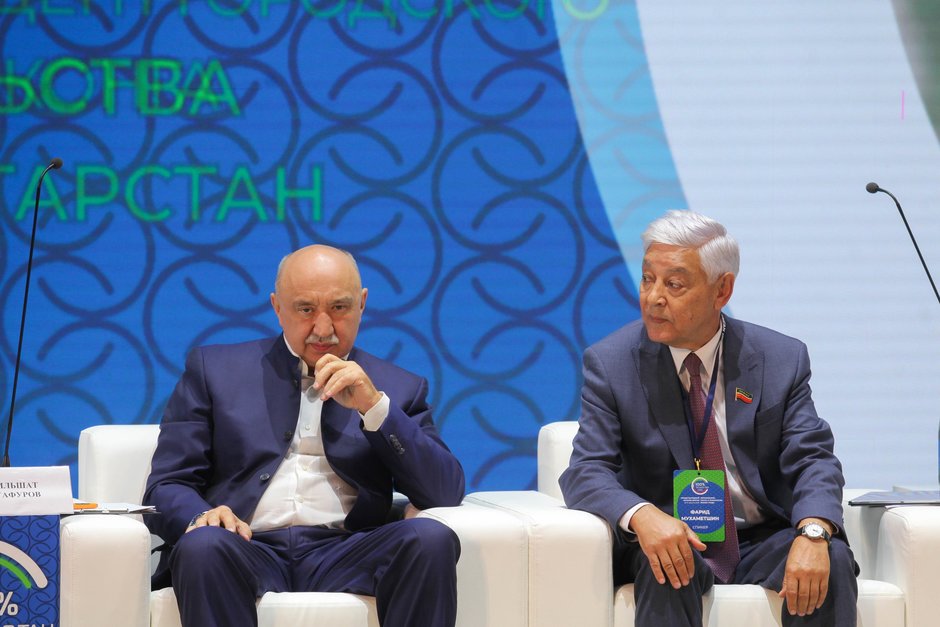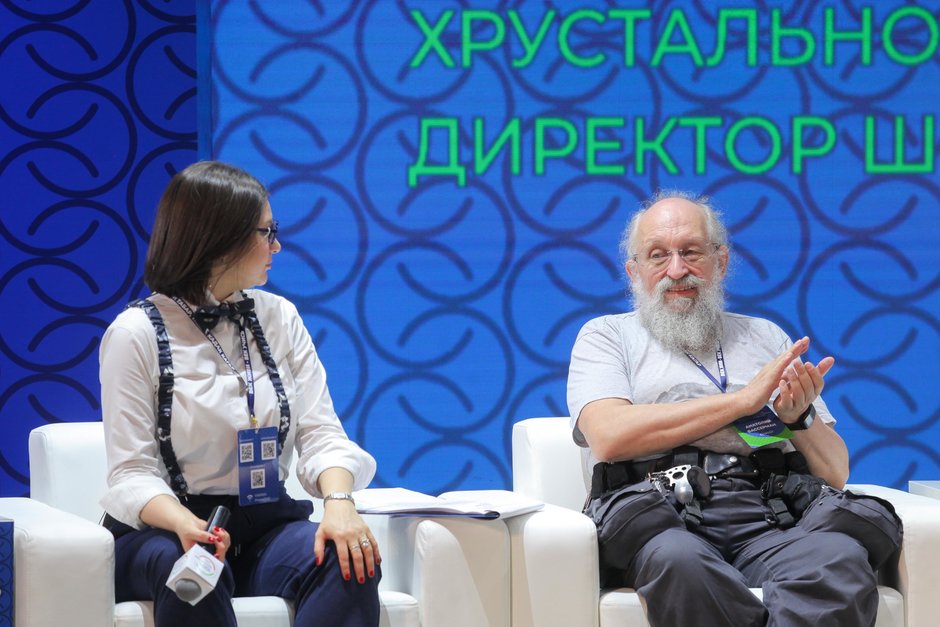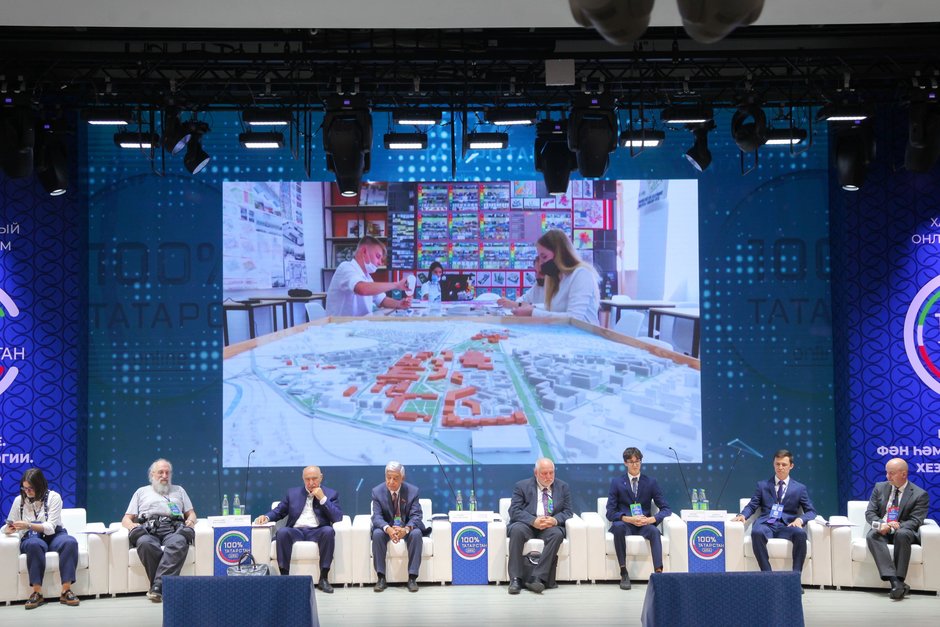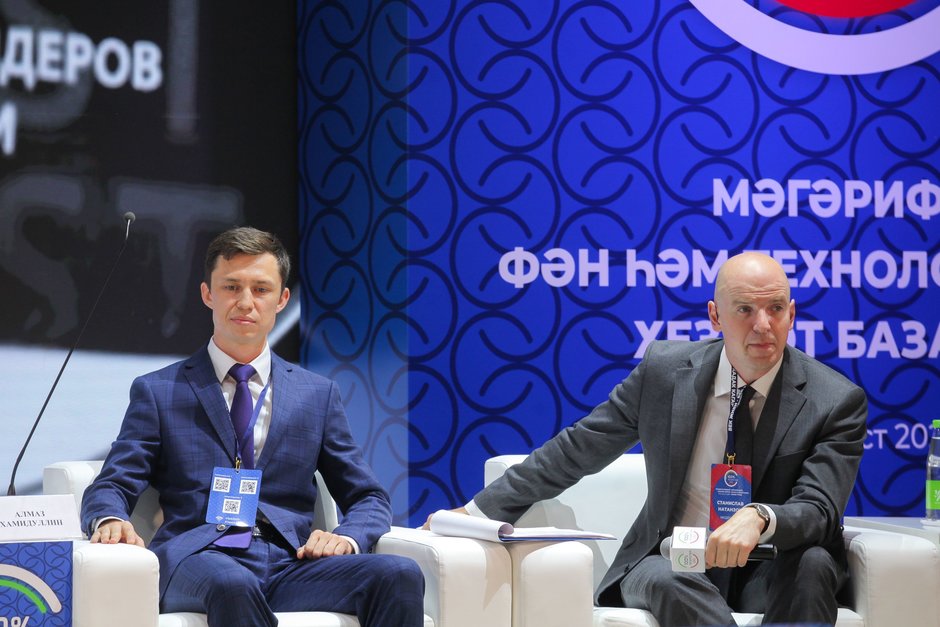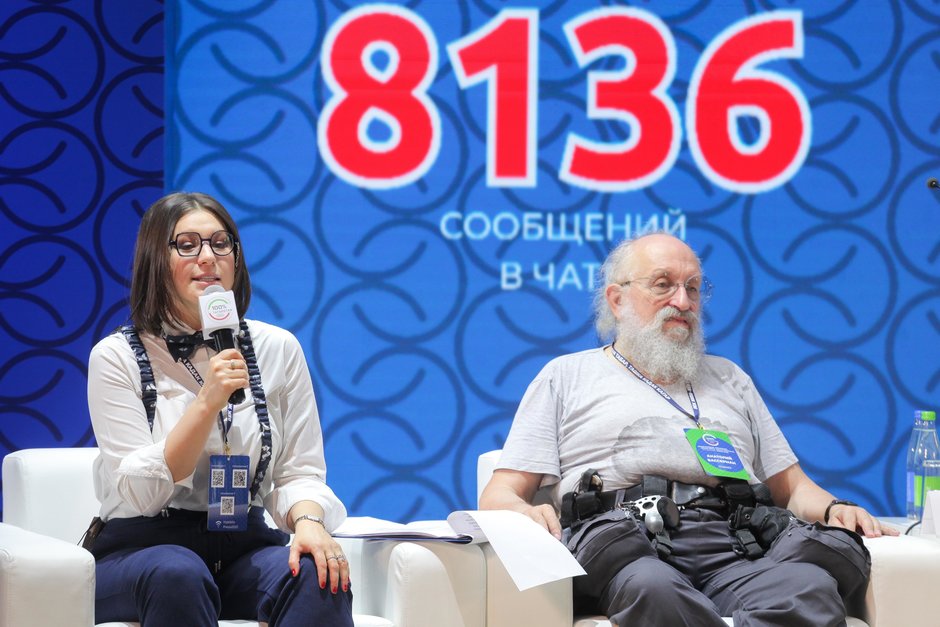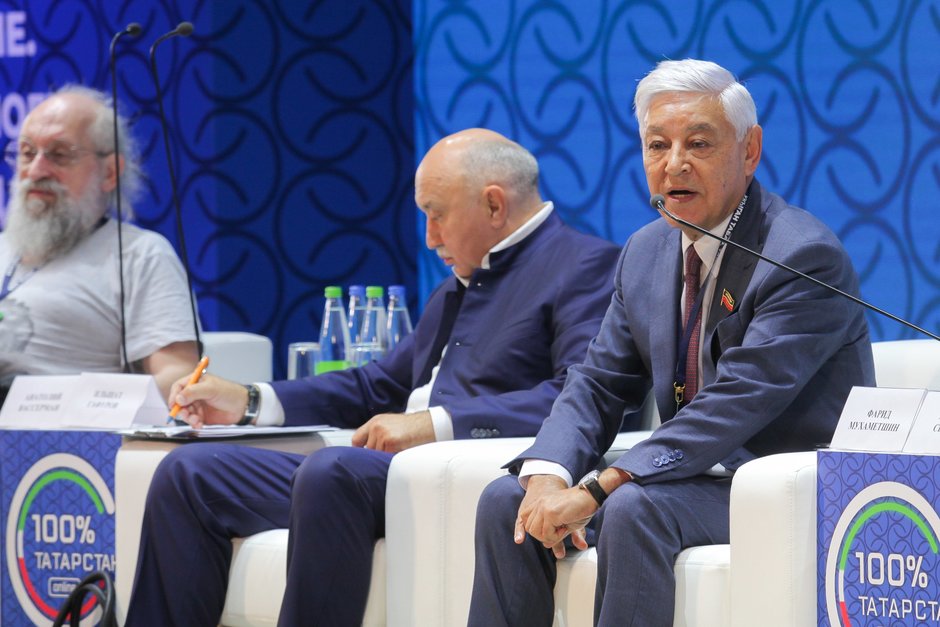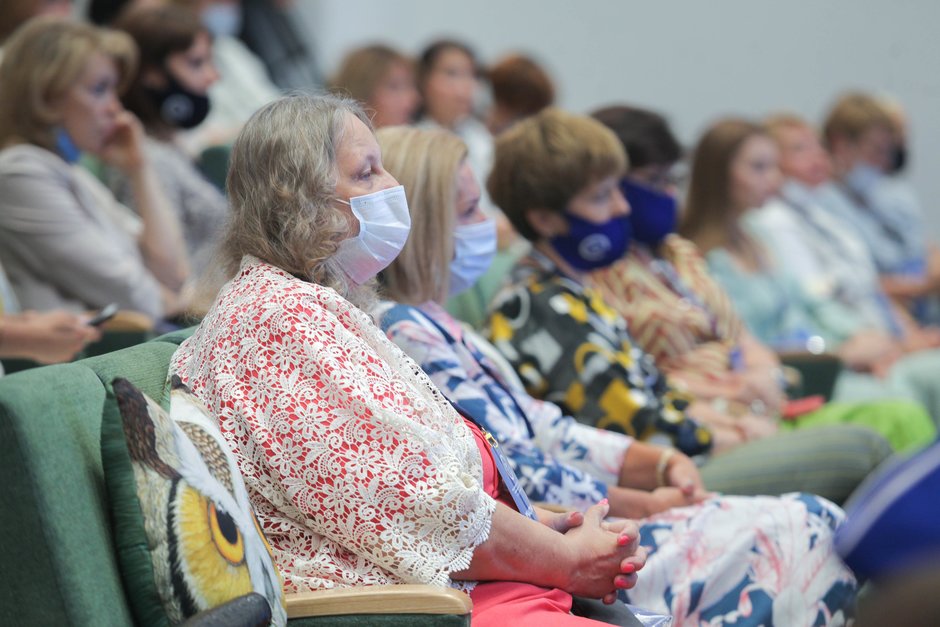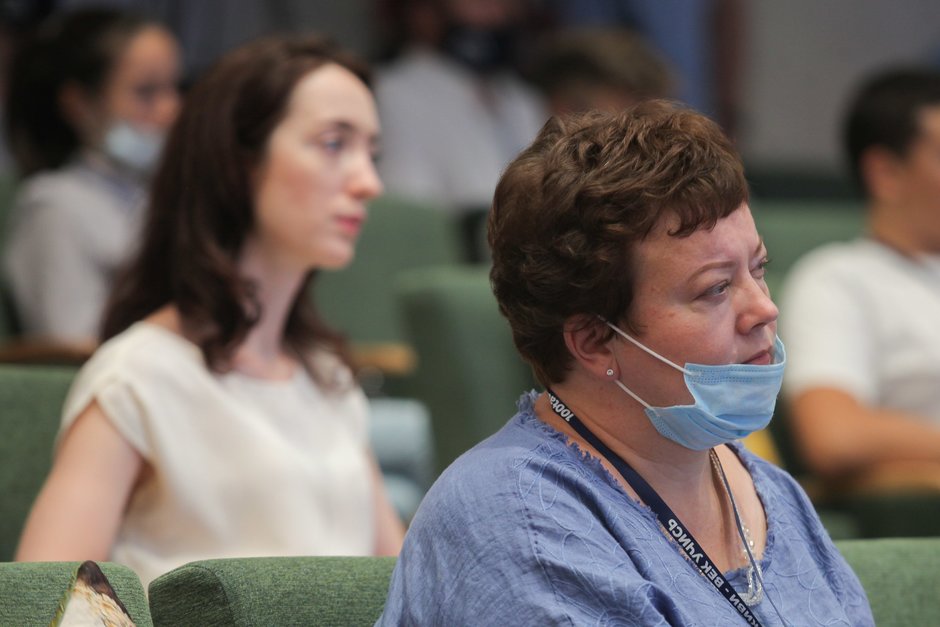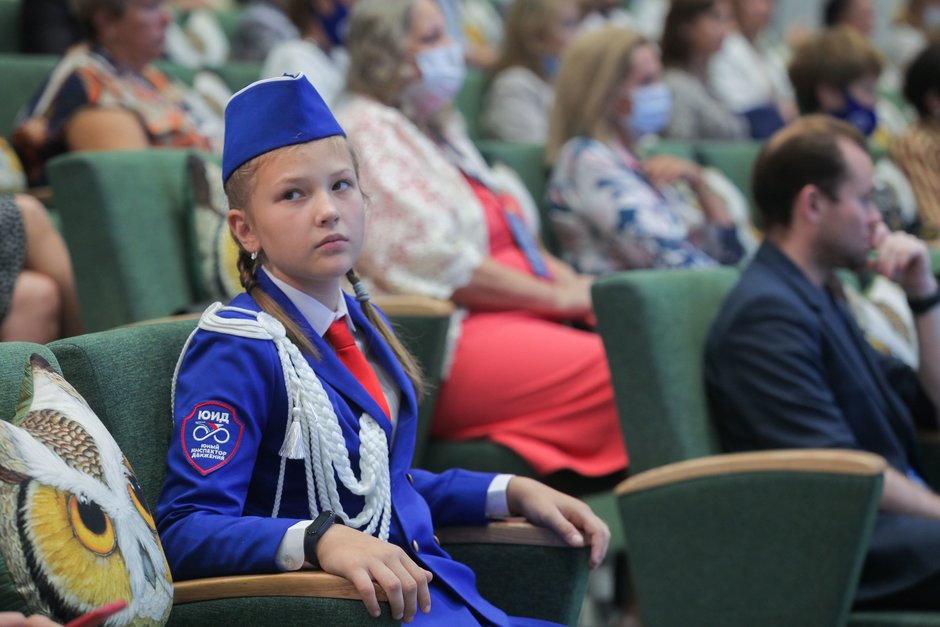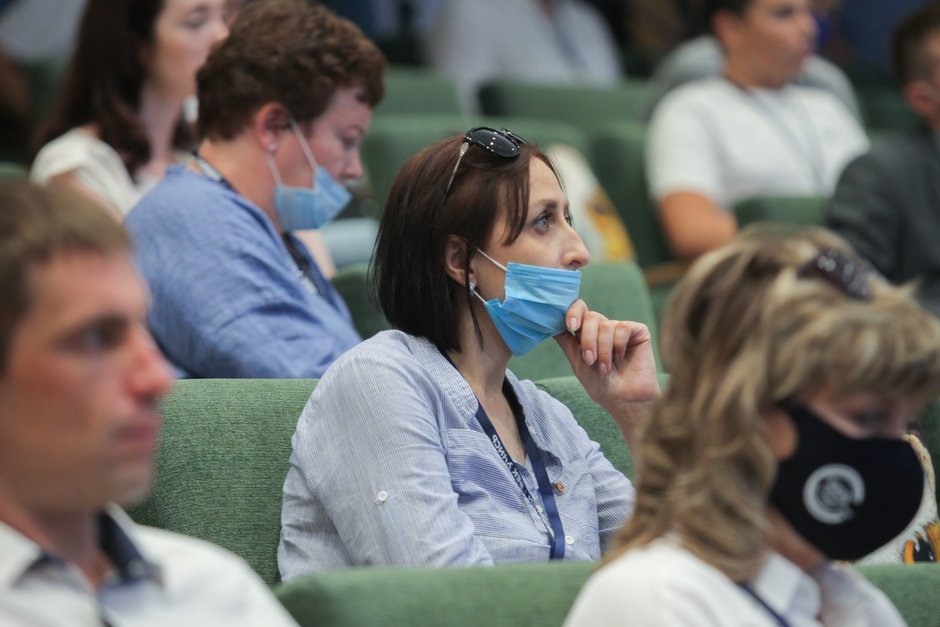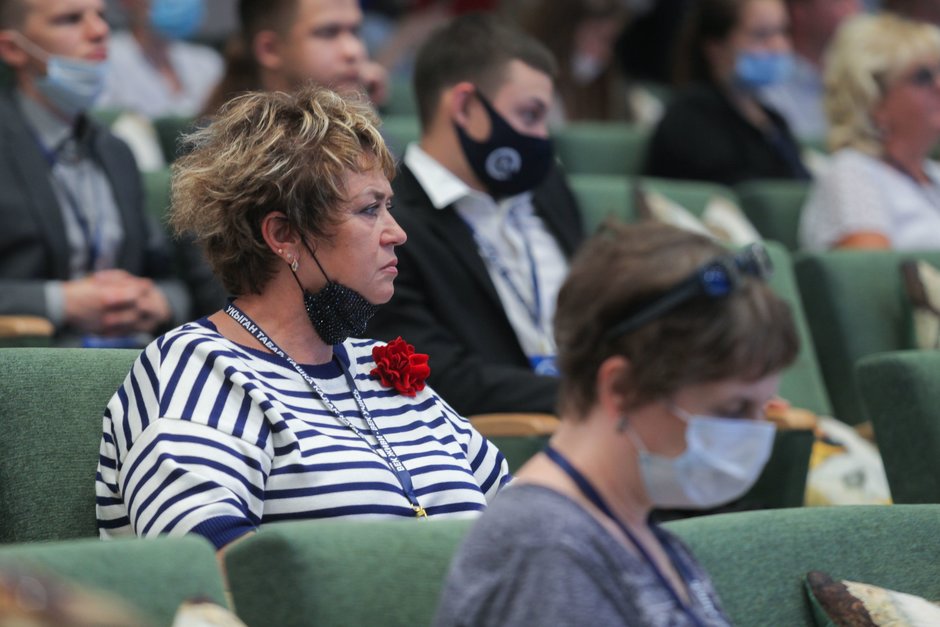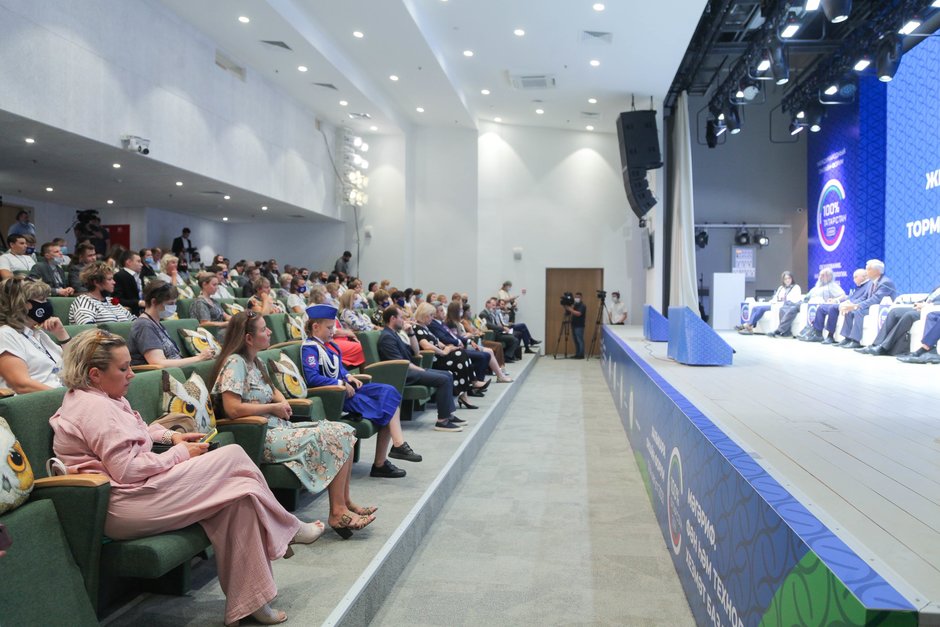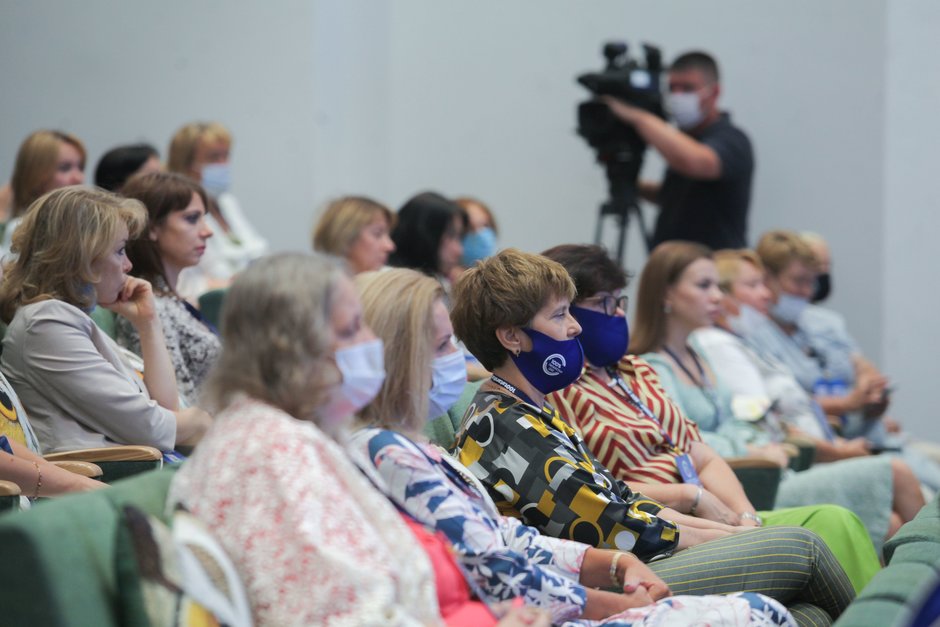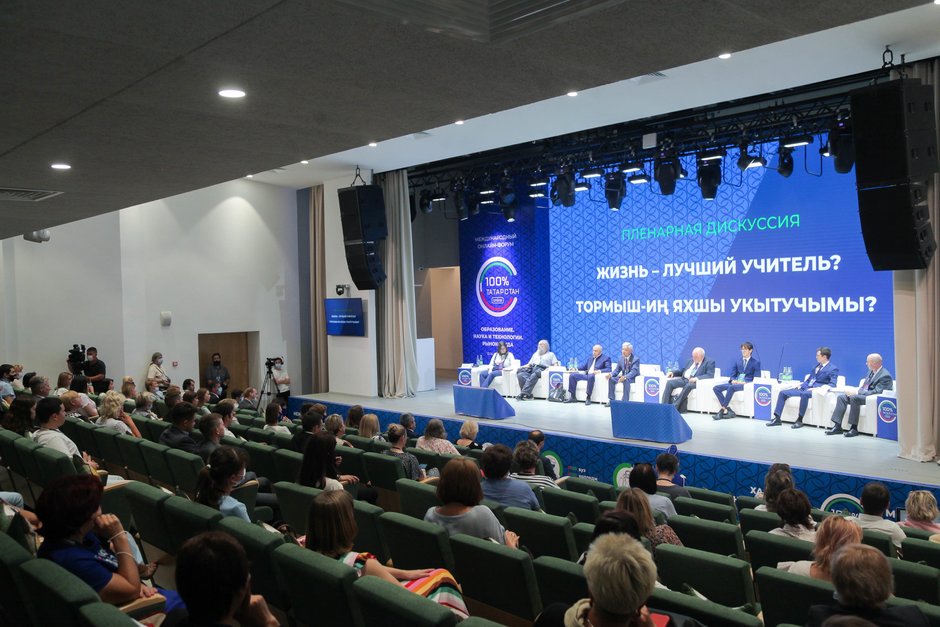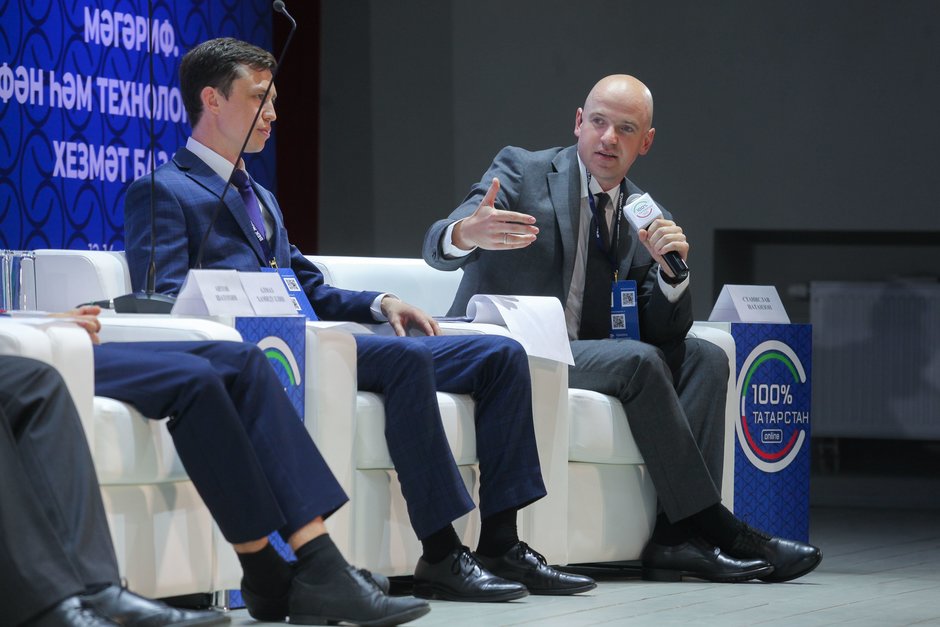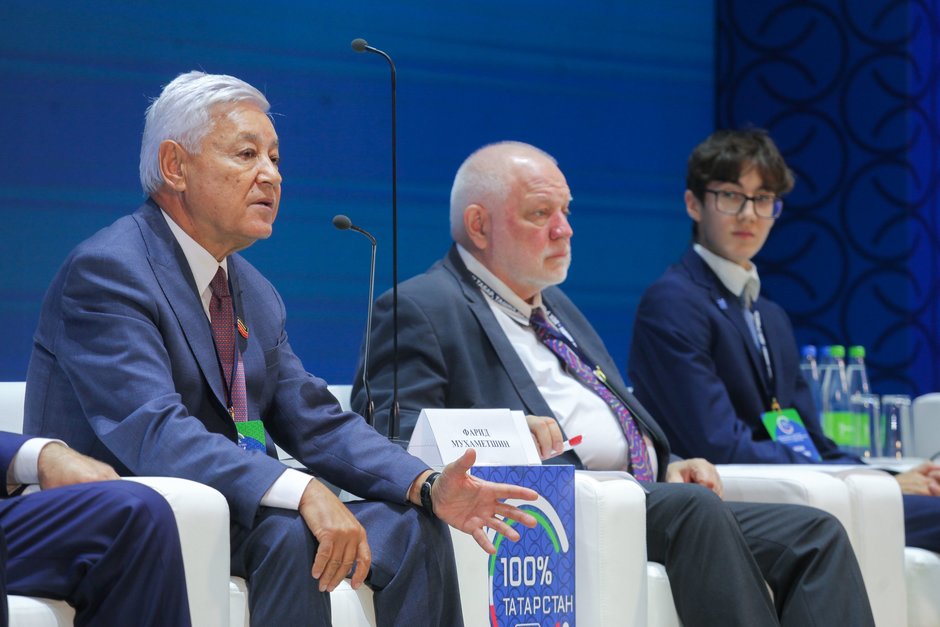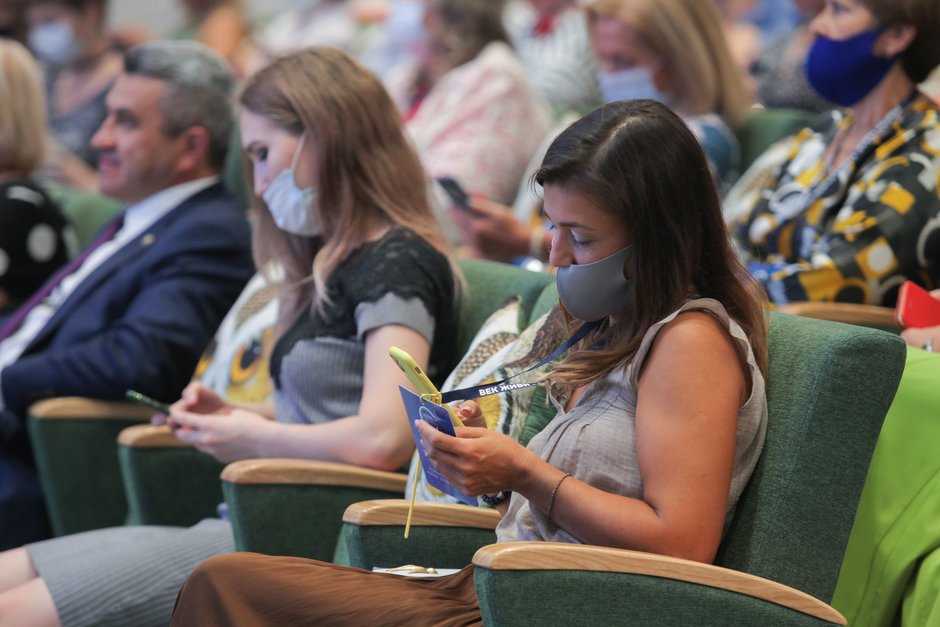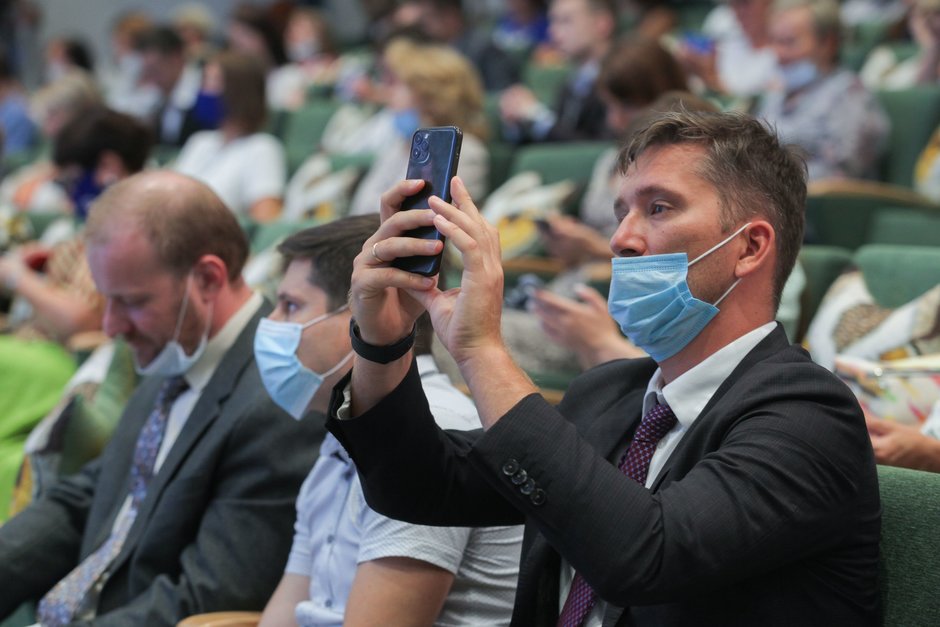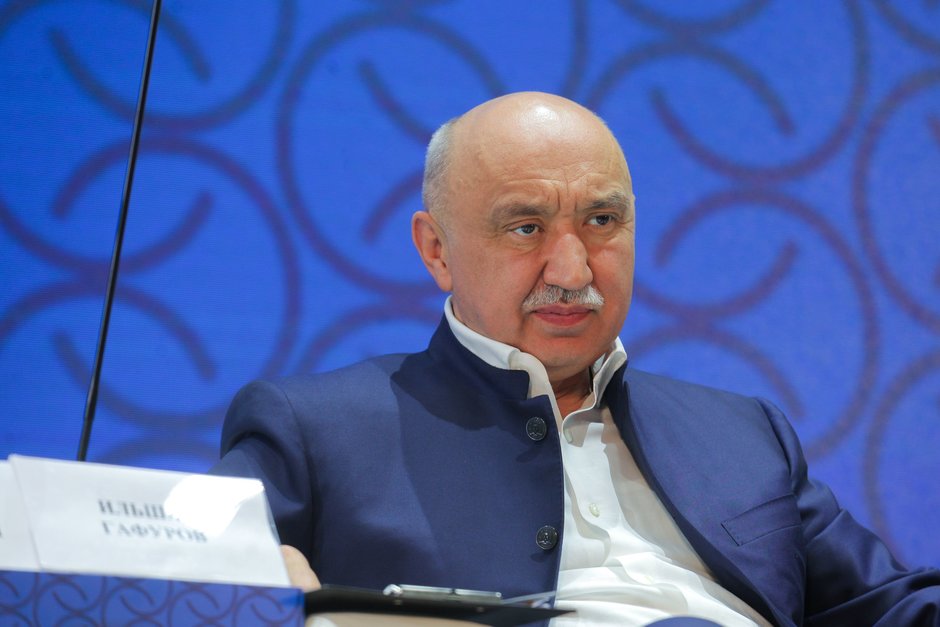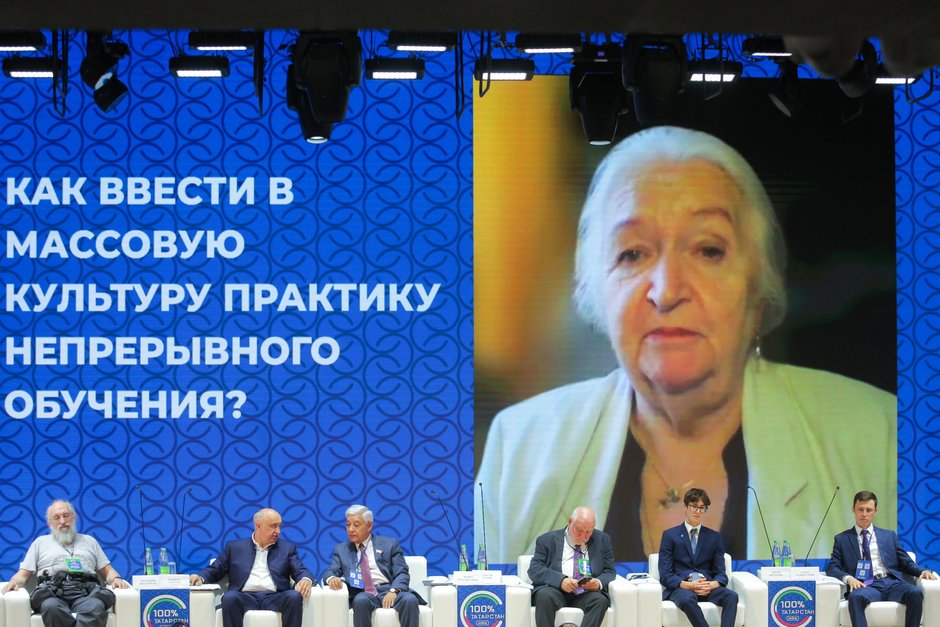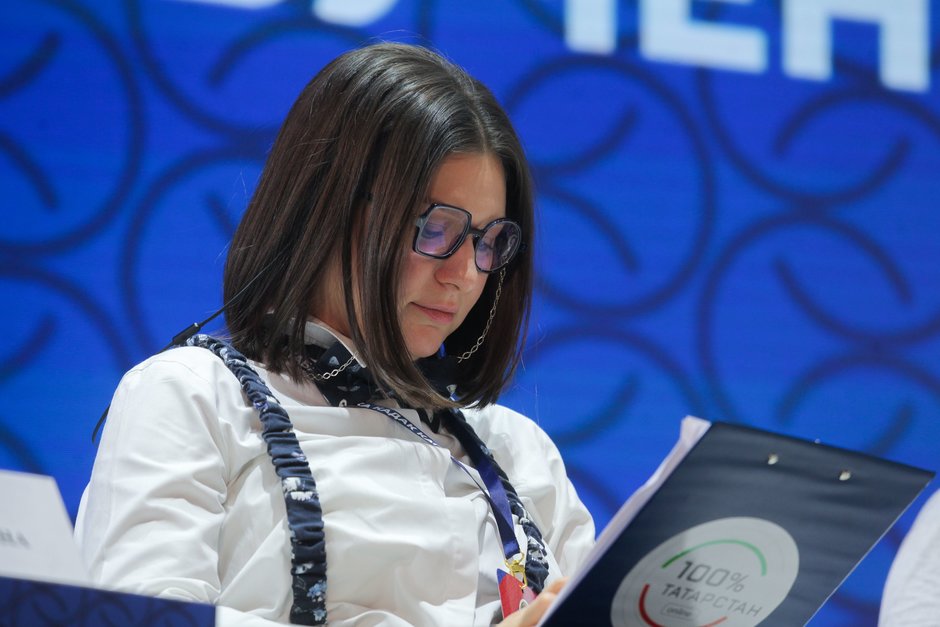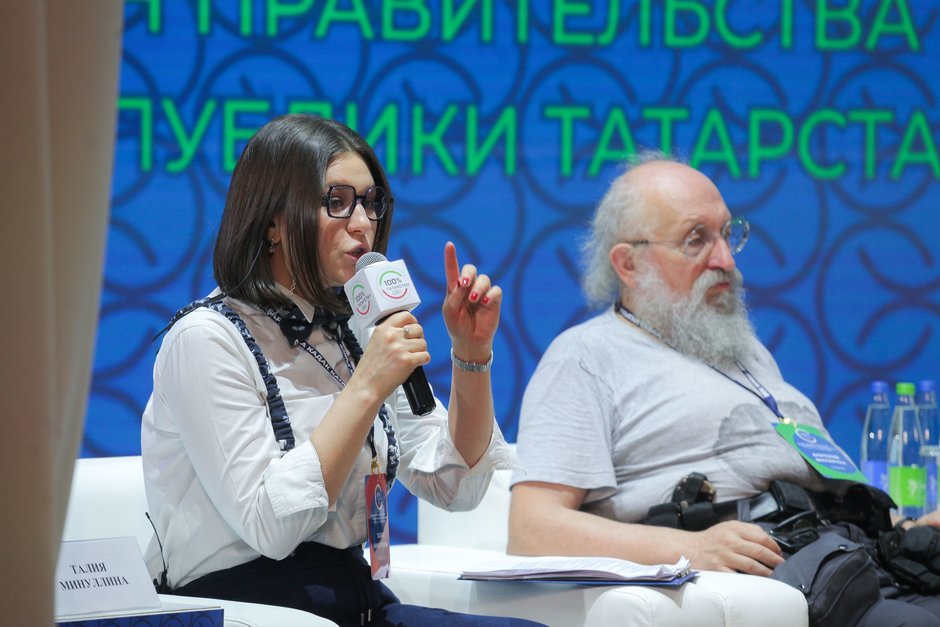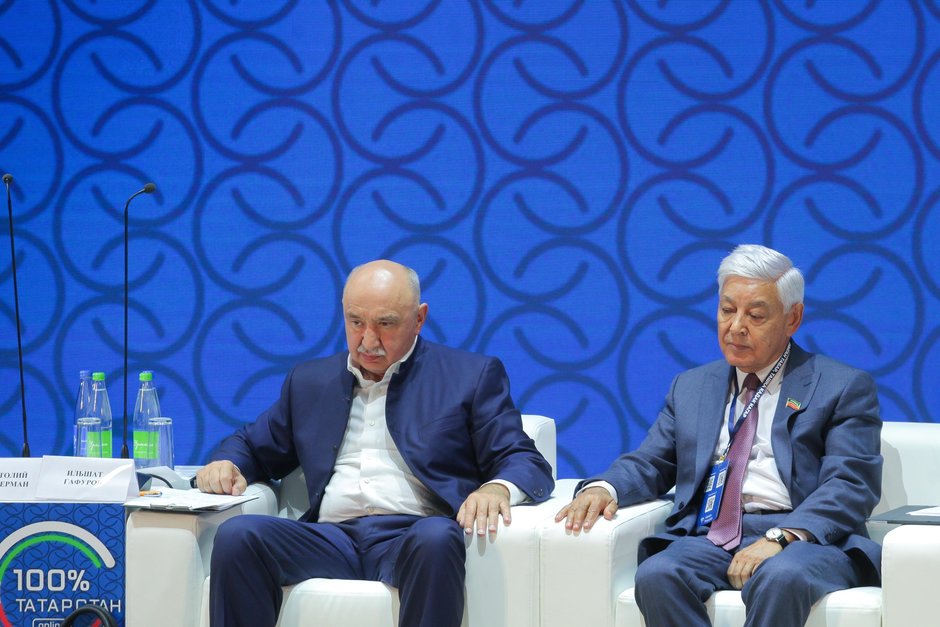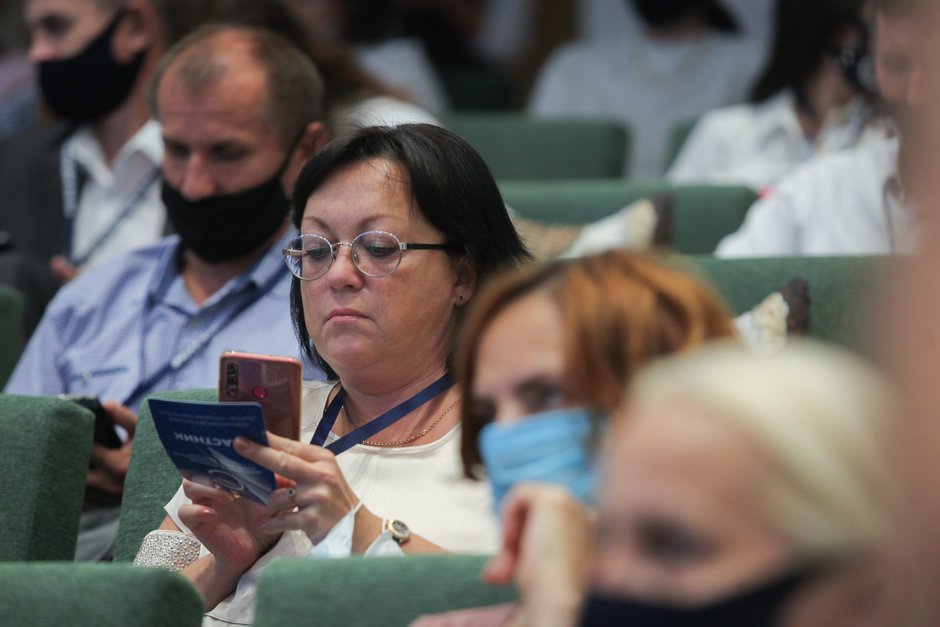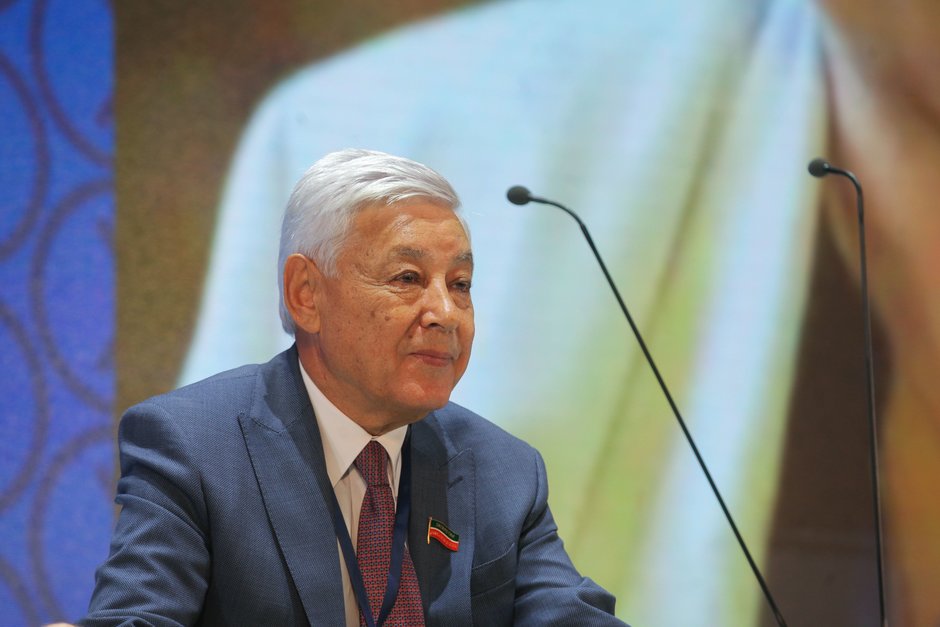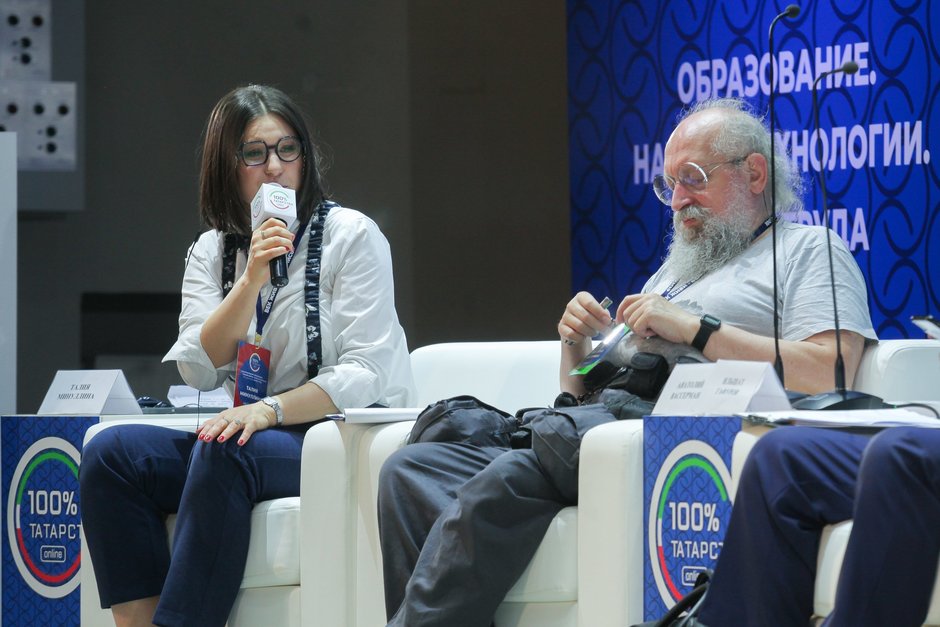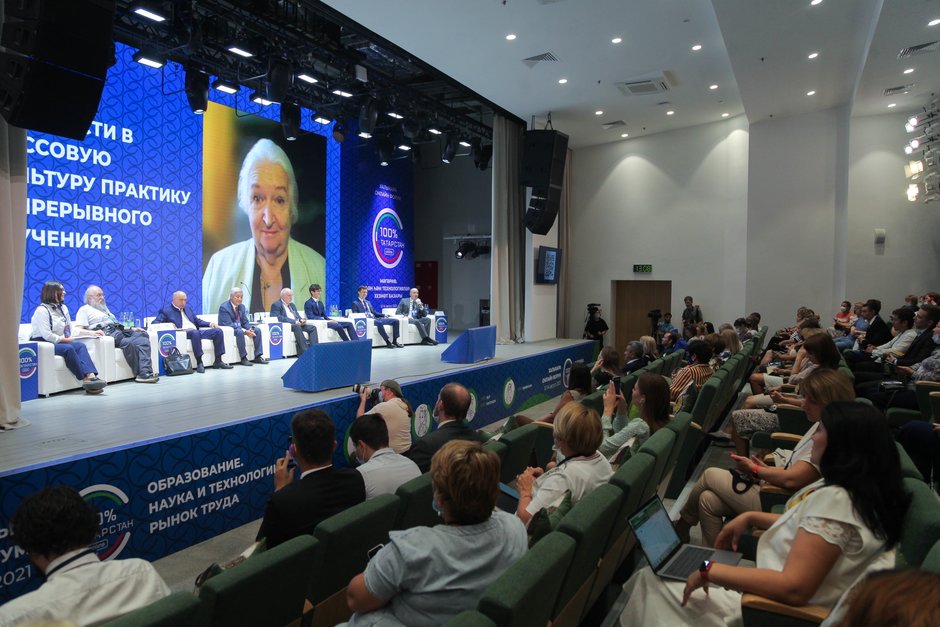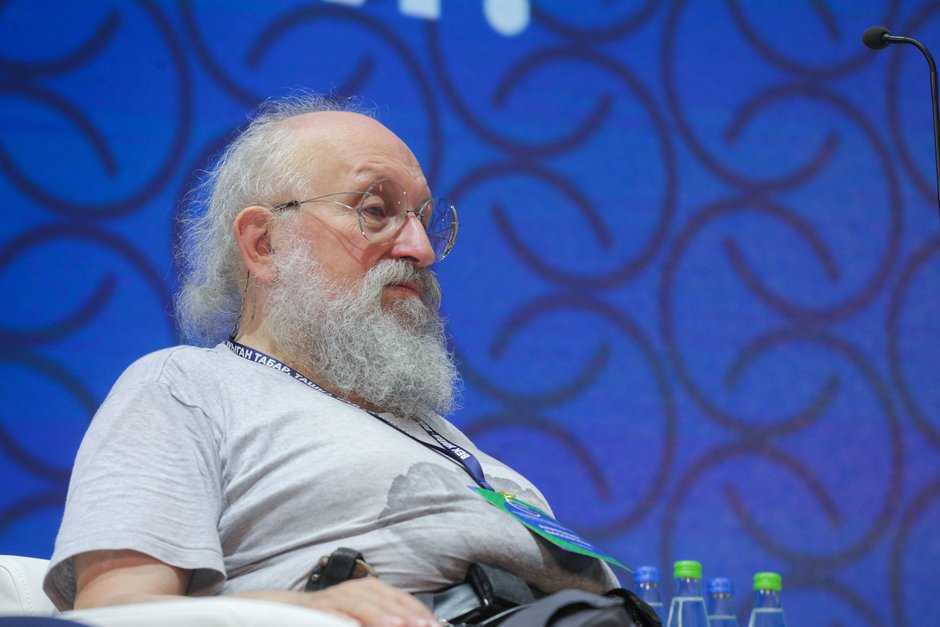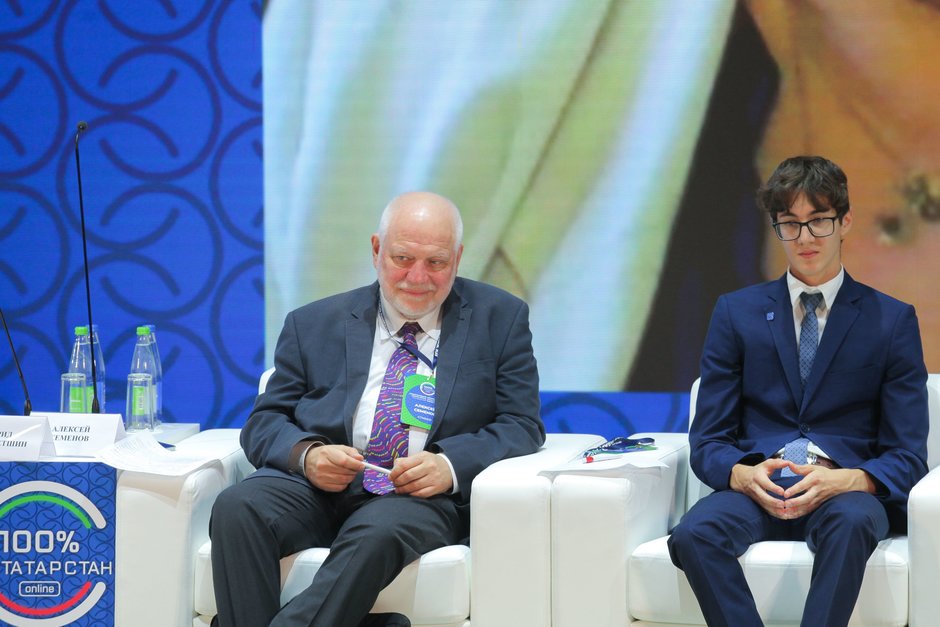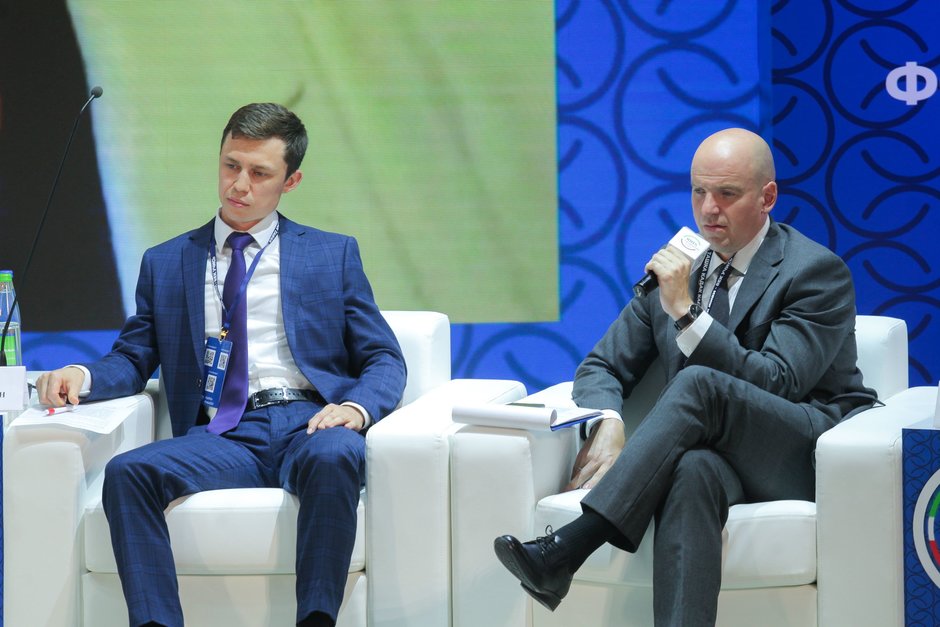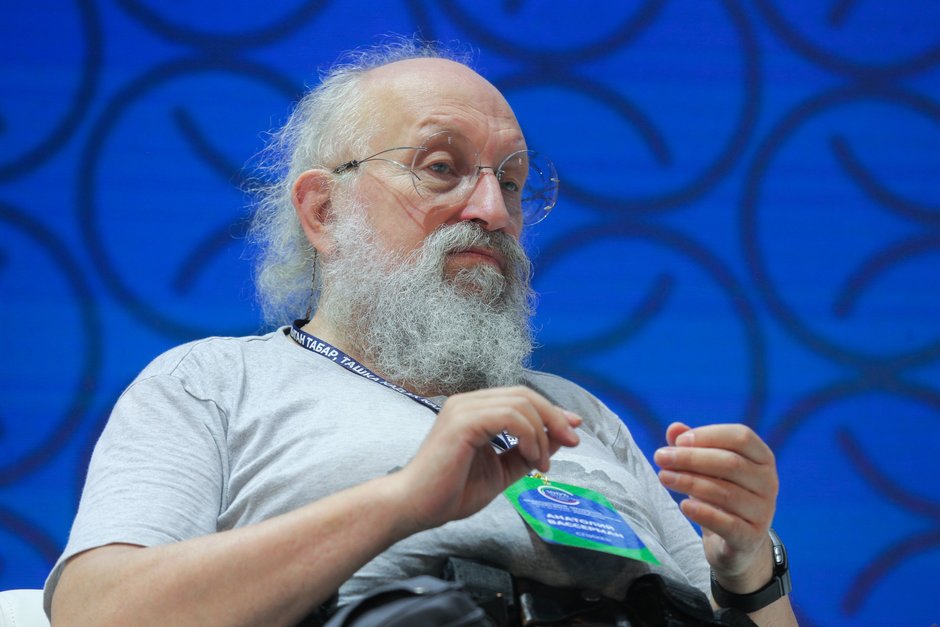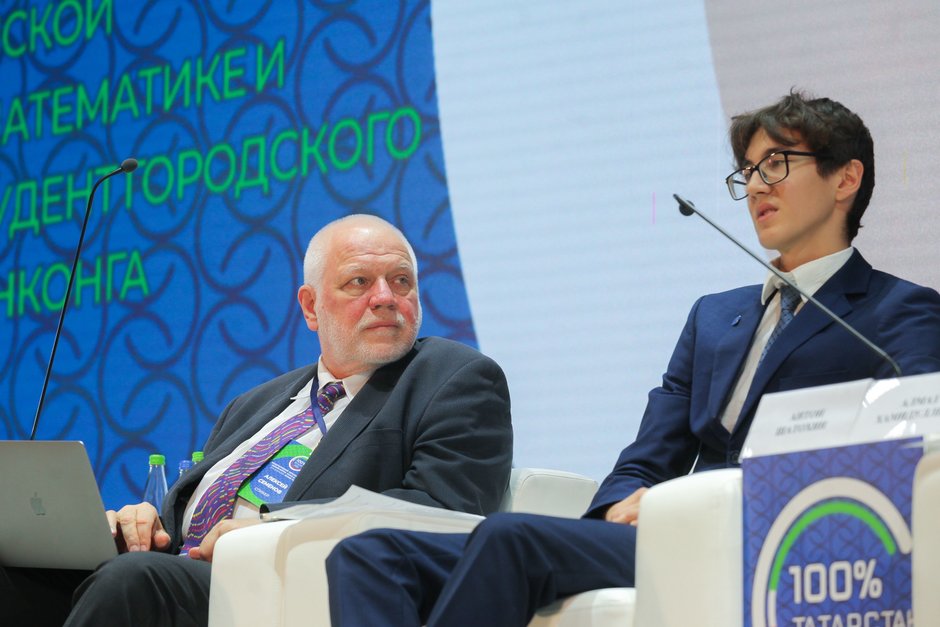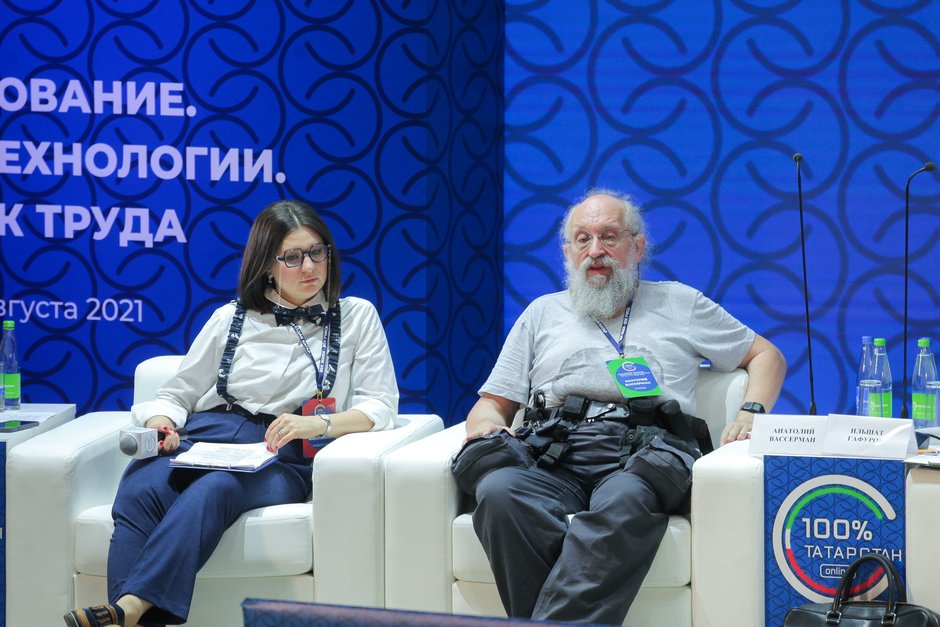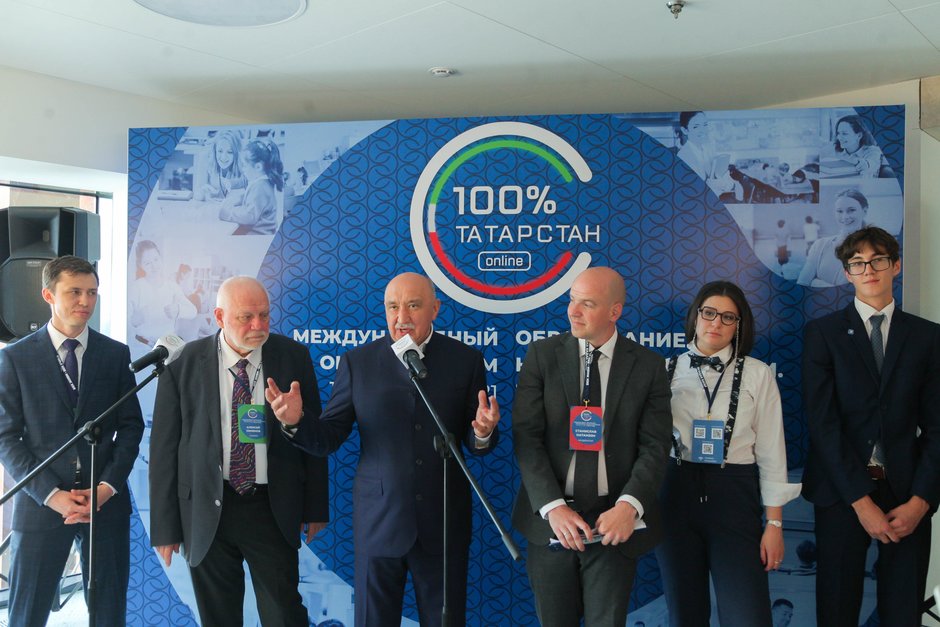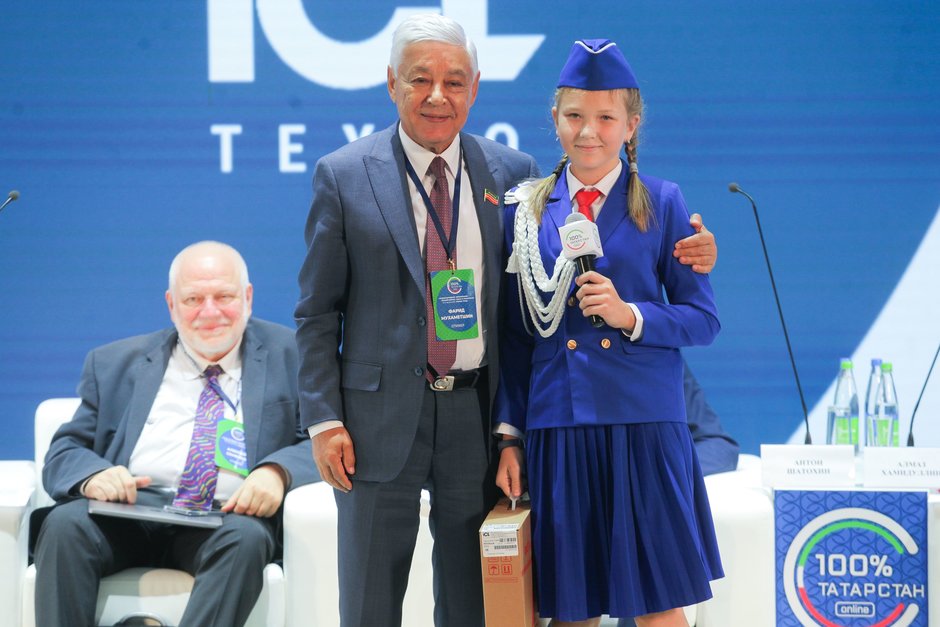Anatoly Wasserman: ‘A person who graduated from a European university has no idea of the world’
Why Wasserman demands to cancel all educational reforms made in the last 25 years and why Farid Mukhametshin amazed Tatiana Chernigovskaya
100% Tatarstan. Education. Science. Technology. Labour Market online forum took place from 12 to 14 August. Educational issues were discussed at a plenary session named Is Life the Best Teacher? Star guests of the discussion Tatiana Chernigovskaya, Anatoly Wasserman, academician Alexey Semyonov expressed their opinions about it. Read in Realnoe Vremya’s report why Wasserman tells off Western education, why Farid Mukhametshin amazed Tatiana Chernigovskaya and how classic education should be in symbiosis with modern technologies.
Tatarstan is among the leaders in the training of specialists”
By the beginning of the forum, the number of online listeners exceeded 16,000 people. Citizens of 11 countries and 42 regions of Russia joined the discussion Is Life the Best Teacher? Alone. The forum took place on a total of eight sites, while 120 specialists wanted to become experts.
To start with, Farid Mukhametshin warned the audience from the beginning: everything is good in education in Tatarstan, and 65% of graduates of republican universities find a job during the first year after receiving a diploma. However, he didn’t specify if young specialists start working by trade.
“This isn’t little,” said the chairman of the Tatarstan State Council. “We produce oil, started to refine it here, the petrochemical industry, aircraft, ship engineering, agriculture are developed here, the economy of the republic needs a lot of specialists. I can confidently say that Tatarstan is among the leaders in the training of specialists in IT and other sectors related to economic digitalisation, the social sphere. We include the business community and major Tatarstan producers in their training process so that young people choose their profession and gain knowledge and skills they can consequently use. Precisely such integrated job will be discussed at the forum today.”
Farid Mukhametshin added that now he nostalgically remembers the times when “His Majesty teacher” had not only an educational and instructional function.” In his opinion, precisely they put their personal example attracting new staff into education:
“We invest a lot of resources to train teachers at a high level, while the profession was respected in society. The school programme concerns me a lot too, especially in history teaching. For instance, some want to distort the outcome of the Great Patriotic War, diminish the contribution of our country to the great victory. Parents raise these issues too,” he stressed.
Also, the chairman of the Tatarstan State Council noted that there will be no need to be “keen on tutorship” in a smart educational system.
Tatiana Chernigovskaya: “Imagine you are in the jungle, but without fur, canine teeth and claws”
The name of the scientist in neuroscience and psycholinguistics, Doctor of Biological, Philological Sciences Tatiana Chernigovskaya drew the attention of many attendees of the forum. It became known at the last moment that she didn’t manage to arrive in Kazan but participated in the discussion online. Moreover, the speaker immediately welcomed the audience with words of regret and simultaneously admiration:
“Kazan is an amazing city, Kazan Federal University is a great university. Also, I was amazed at Mr Mukhametshin’s flawless Russian language. I cannot help but note this because I am partly a philologist.”
Chernigovskaya started with the simple truth: education is the foundation of human civilisation. We are as we are because some of our ancestors realised that it was necessary to pass knowledge, says the doctor of sciences. She is sure that if education is wrong, the world will also be wrong.
“It is the most important thing because we turned out in a new world, it is tough and changes rapidly. Not only children but also adults should learn, moreover, always. It is said about modern society that it is extreme stress with great uncertainty, and nobody can withstand it. This is true, of course, but this has always been like that. Imagine you are in the jungle, but without fur, canine teeth and claws when there are a lot of enemies all around. But this stress is greater than today’s stress,” the doctor of sciences made the audience think. However, she compared today’s world for a human with being on a strange planet or at the bottom of the ocean with no hope to go back.
Tatiana Chernigovskaya noted two totally new challenges of our time. Firstly, the speed. What used to take thousands of years, then centuries, decades or years, now takes just days. A human so got used to the smartphone, and a new model is already necessary some time later some necessary functions are impossible without:
“It seems to me that there is a risk that we won’t catch up with this speed as biological creatures. Seemingly, we entered such a stage of our evolution when time incredibly accelerated. Like in the book about Alice in Wonderland, if you want to get somewhere else, you must run at least twice as fast as that. But it is necessary to keep in mind that stress is not only a negative factor, but it is also beneficial in some doses.”
As for competition, Chernigovskaya noted that today not only people compete with each other, but they also have to compete with AI programmes. A human cannot win this race. It is necessary to simply accept that the world constantly changes and learn to live in it.
Tatiana Chernigovskaya named unpredictability as the second challenge of modern time. We got used to us causality in learning, which means forecasting. While the world slips us “unpredictable” situations.
“All this means that we should create people who aren’t subjected to neuroses and mental diseases because of the world that cannot change from our students. It means that the school programme should include not only plenty of information published on the Internet, which can be done without a teacher. But only the teacher can teach how to cope with extraordinary situations, don’t fall into depression, despondence and neuroses. We all who have been teaching for two years online have got tired of this. Of course, it is impossible to live without online subjects, there would be a catastrophic shutdown in education, but we are still humans and want to live a full life on the planet. Or we will leave everything in the hands of artificial intelligence. What will we do then?” the scientist asked a rhetoric question.
And she answered it herself: precisely a teacher, a mentor should inculcate humane qualities, feelings into people. Some skills cannot be transmitted through books. Everything happens in a teacher’s talk with a student, observations, copy of gestures and skills of a teacher...
“Plague” from the West
Before Anatoly Wasserman’s speech, one of the moderators of the debate, journalist and TV host Stanislav Natanzon tried to tease him. He reminded the polymath of his phrase that “the knowledge accumulated in the last 30 years need to be reset.” The famous polymath nonchalantly replied: nobody is going to cancel this knowledge, while the educational reforms made in the last three decades are catastrophic.
“Education has changed throughout human history to create a big picture of the world. The better our education is, the simpler it is to learn and, most importantly, use what we learnt. For some economic and political reasons, mass education of Western Europe and Northern America has been focused not on the creation but destruction of the world’s big picture for more than half a century. A person who graduated from an American meddling school or European university have no idea of the world. For them, the world is a variety of isolated facts that have nothing to do with each other. Fortunately, most schools, universities and colleges are against it at the moment, but the possibilities of the opposition aren’t endless. If the tendency persists, the same fate will befall on us when people can be ‘marketed bullshit’ such as a greenhouse theory of global warming, and people will consider this as due,” Anatoly Wasserman said.
Answering the discussion’s key question, he said that life is rather the best examiner. As a classic said, “history teacher nothing but harshly demands something from those who haven’t learnt the lesson.” He also replied to Tatiana Chernigovskaya with her statement about the danger of the competition against artificial intelligence. In Wasserman’s opinion, this won’t happen because the development happens in cooperation with the external world. Only humans have such an opportunity, it means artificial intelligence isn’t a rival for us. So who is the leader in this tandem? Nobody, the intellectual thinks. It is important that artificial intelligence “understand” the importance and benefit of cooperation with natural intelligence and vice versa.
As for educational reforms, Wasserman was categorical:
“As for the development of education, the problem is that it is now announced as a sphere of services. From my perspective, it is an A Group. Production of means of production was called this way in the Soviet era. And humans and human society are the most deficient means of product, the rest can be incomparably easier to create. If we consider education as well as health care as A Group, it will become obvious that all the transformations made in the last 25 years should be cancelled because they worsen the quality of products!”
“Out the paper, out the feather?”
There were a lot of bright ideas and special opinions during the discussion. So academician of the Russian Academy of Sciences Alexey Semyonov approvingly talked about the “imposition of digital technologies”:
“In fact, we live in symbiosis with them. Schools should stop resisting them. Take compositions, for instance. People didn’t want, it isn’t accepted everywhere to make them using a keyboard. Now the situation began to improve, 60% of the schools accept printed compositions.”
It is a pity the speaker didn’t recall that precisely calligraphy, which is now introduced everywhere abroad, forms new neuronal connections in the brain. Out printing as a thing of the past?
Rector of Kazan Federal University Ilshat Gafurov shared information that more than 20% of university students are foreigners. 11,000 of 50,000 students came from 106 countries, which speaks about the popularity of educational programmes of the university both in our country and abroad. He noted that all activities of KFU are compared with the needs of society, the state and businesses.
“If the university is popular because of this triad, it can sustainably grow. It is important for competition in the education market, both not only in Russia but also in the world,” the rector believes.
He agrees that today the world changes at a very high speed, which means that education also needs transformation. Here precisely universities go to the forefront, for this purpose, it is necessary to “massively retrain employees, focus on students’ needs and those who do refresher courses in the university.”
One could join sessions, meetings and discussions at any moment during the next two days of the online forum. For those who didn’t manage to do this, records of all meetings will be published on the website of the forum.
